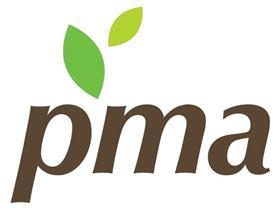
PMA Australia-New Zealand (PMA A-NZ) has released a new report into the key drivers for sustainability, sustainability frameworks and sustainability best practices in the fresh produce industry.
The Fresh Produce Industry Sustainability Scan captured insights from 110 businesses globally, 77 of which were from Australia and New Zealand. Specifically, the scan focused on what is businesses were communicating andimplemented when it came to sustainability.
Darren Keating, chief executive of PMA A-NZ, said this information would give the businesses the chance to assess where they stand when it comes to sustainability in the fresh produce industry.
“This report provides a great opportunity for businesses in the fresh produce industry to start a conversation on sustainability by looking at how their peers are acting and communicating on the theme,” said Keating.
“Sustainability has always been hard to define for our members, but as it is such a focal topic for consumers there is an opportunity to harness this interest and share the many positive sustainability stories that exist in our supply chains.
'This report is an opportunity to learn from what others are doing and start thinking about what your business is doing in relation to sustainability and how you can communicate this to your customers.”
Some of the key findings included 43 per cent of companies in Australasia made a reference to sustainability on their website. In Australia 20 of the 36 companies that did not refer to sustainability on their website did identify an element of sustainability. In New Zealand, the result was nine of 13.
Overall, only 16 companies in Australia (30 per cent) and four in New Zealand (17 per cent) made no direct or indirect reference to sustainability.
Despite economic factors being internationally recognised as a key part of sustainability, there was limited evidence of it being considered as part of companies’ approaches to sustainability.
When it came it social sustainability, the most common elements of sustainability that were referred to were land, water and waste management practices.
For the social sustainability, food safety and quality were the most frequently referred to element and was also the most common aspect of sustainability referred to across all companies.



